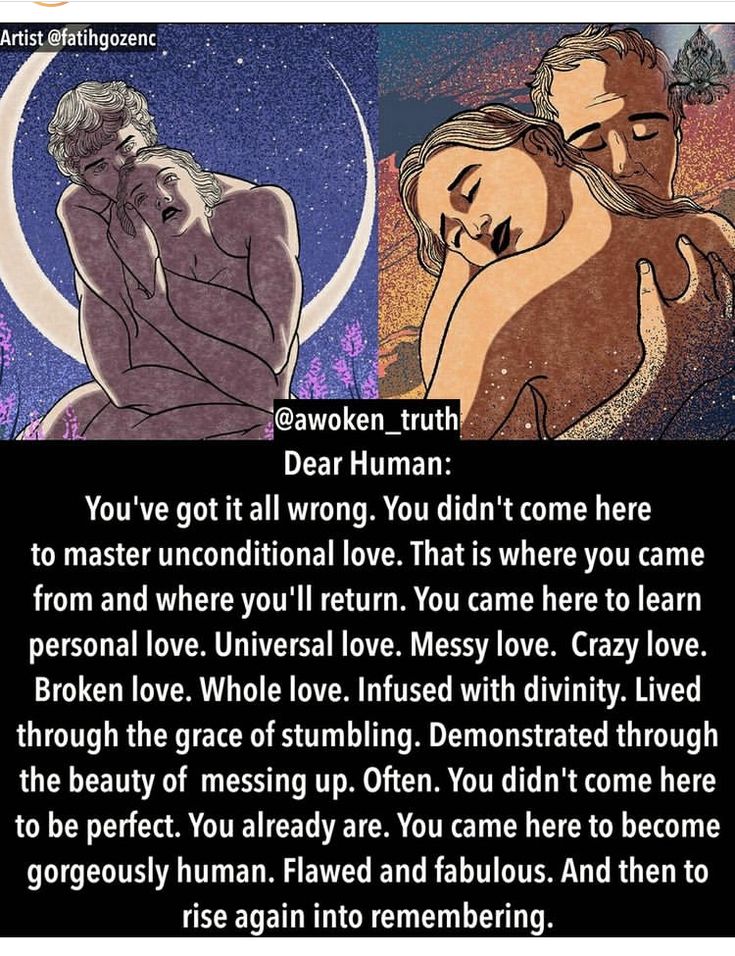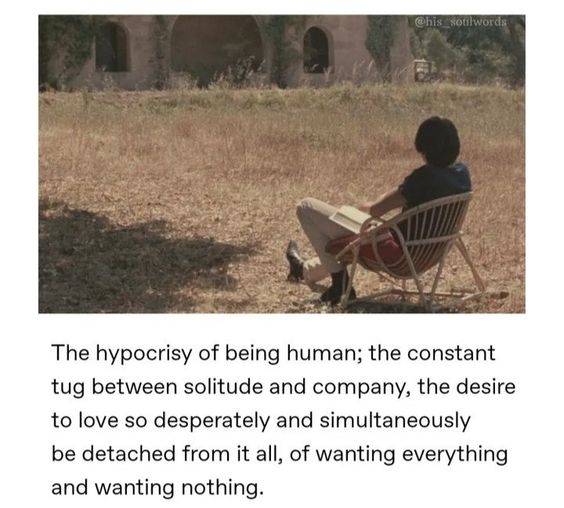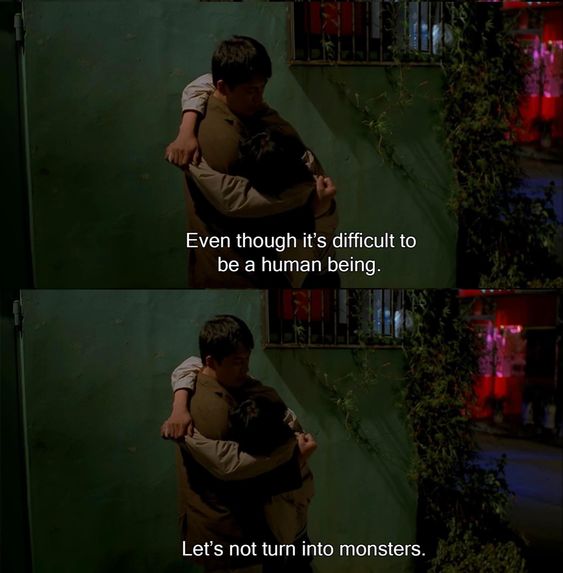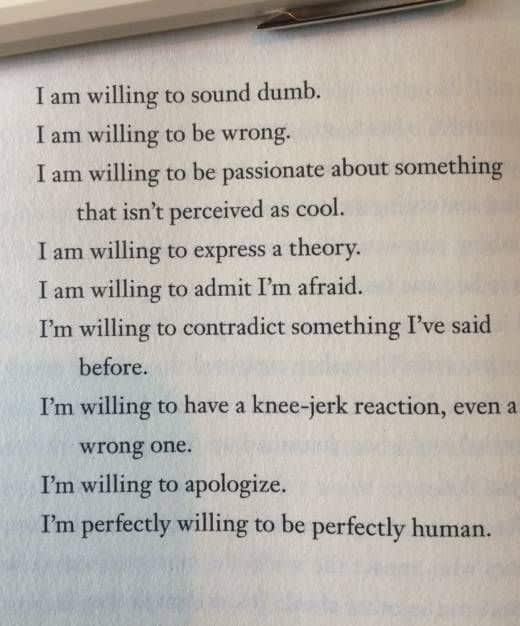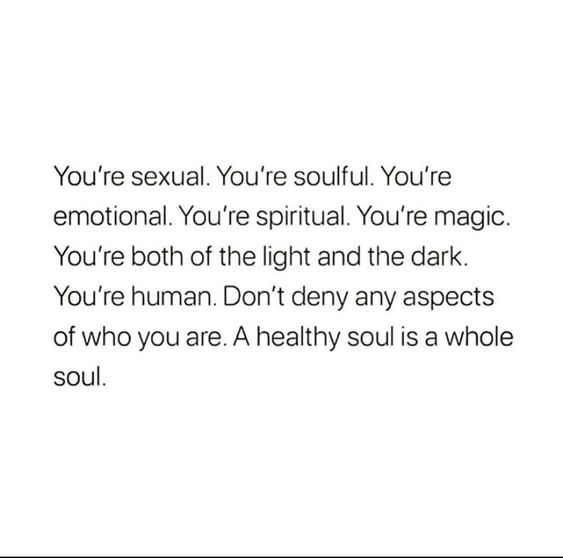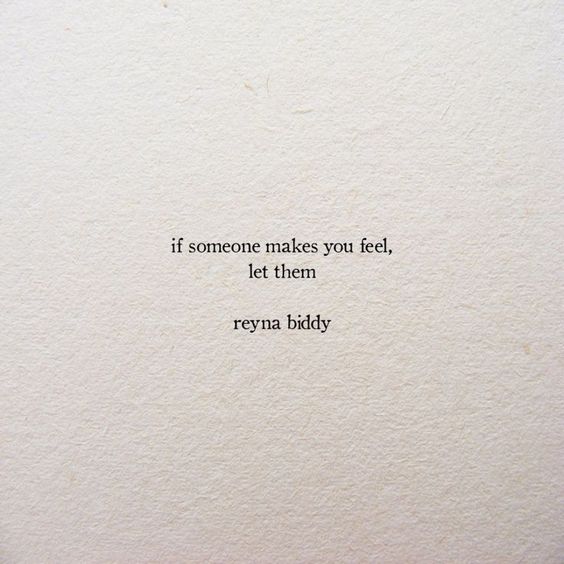“Patients are often disappointed to learn that I too wander unredeemed, that I am no better off than they are. Eventually, they may realize comfort implied in my turning out to be just another struggling human being. At least then I can bring a fellow-pilgrim sort of understanding to his journey. Recognition of my all-too-obvious fallibility can provide the relief of learning that some happiness is possible without his having to reach some state of perfection.”
Sheldon B. Kopp, If You Meet Buddha On The Road, Kill Him! (Page 134)
“All of the truly important battles are waged within the self. It is as if we are all tempted to view ourselves as men on horseback. The horse represents a lusty animal-way of living, untrammeled by reason, unguided by purpose. The rider represents independent, impartial thought, a sort of pure cold intelligence. too often the pilgrim lives as though his goal is to become the horseman who would break the horse’s spirit so that he can control him, so that he may ride safely and comfortably wherever he wishes to go. If he does not wish to struggle for discipline, it is because he believes that his only options will be either to live the lusty, undirected life of the riderless horse, or to tread the detached, unadventuresome way of the horseless rider. If neither of these, then he must be the rider struggling to gain control of his rebellious mount. He does not see that there will be no struggle, once he recognizes himself as a centaur.”
Sheldon B. Kopp, If You Meet Buddha On The Road, Kill Him! (Page 7)
“Though the patient enters therapy insisting that he wants to change, more often than not, what he really wants is to remain the same and to get the therapist to make him feel better. His goal is to become a more effective neurotic, so that he may have what he wants without risking getting into anything new. He prefers the security of known misery to the misery of unfamiliar insecurity.”
Sheldon B. Kopp, If You Meet Buddha On The Road, Kill Him! (Page 4)
“We have three core emotional needs, which I like to think of as peace, love, and understanding. Negativity—in conversation, emotions, and actions—often springs from a threat to one of the three needs: a fear that bad things are going to happen (loss of peace, a fear of not being loved (loss of love), or a fear of being disrespected (loss of understanding).”
Jay Shetty, Think Like A Monk (Page 23)
“I grow little of the food I eat, and of the little I do grow I did not breed or perfect the seeds. I do not make any of my own clothing. I speak a language I did not invent or refine. I did not discover the mathematics I use. I am protected by freedoms and laws I did not conceive of or legislate, and do not enforce or adjudicate. I am moved by music I did not create myself. When I needed medical attention, I was helpless to help myself survive. I did not invent the transistor, the microprocessor, object oriented programming, or most of the technology I work with. I love and admire my species, living and dead, and am totally dependent on them for my life and well being.”
Steve Jobs
“Trying to force a wild human brain into precise, professional boxes is one of the reasons we’re so overwhelmed in the first place.”
Aytekin Tank, Automate Your Busywork (Page 137)
“Whereas all the other animals have their heads low, eyes fixed upon the ground, the god desired to give to man a sublime face, a face that could raise its eyes to the heavens above, contemplating the very stars in the sky.”
Ovid, via The Daily Laws (Page 421)
“To have a mountain in front of you does not mean you are fundamentally broken in some way. Everything in nature is imperfect, and it is because of that imperfection that growth is possible. If everything existed in uniformity, the gravity that created the stars and planets and everything that we know would not exist. Without breaks, faults, and gaps, nothing could grow and nothing would become. The fact that you are imperfect is not a sign that you have failed; it is a sign that you are human, and more importantly, it is a sign that you still have more potential within you.”
Brianna Wiest, The Mountain Is You (Page 6)
“The epitome of the human realm is to be stuck in a huge traffic jam of discursive thought.”
Chögyam Trungpa, The Myth Of Freedom, via Sunbeams (Page 121)
“The question of what it means to be human is now inextricable from the question of who we are to each other.”
Krista Tippett, Becoming Wise (Page 2)
“To be a whole human being, we have to acknowledge the existence of all our feelings, human qualities, and experiences and value not just the parts of ourselves that our ego has deemed acceptable, but everything that we have deemed wrong or bad. If we are willing to allow our dark side to be a part of the whole of who we are, we will find it comes equipped with all the power, skill, intelligence, and force needed to do great things in the world.”
Debbie Ford, The Shadow Effect (Page 133)
“I live in negotiation with a shadow side that has to be respected. There is a wound. I believe that this is more than a characteristic of addiction. I think it is a part of being human, to carry a wound, a flaw and again, paradoxically, it is only by accepting it that we can progress.”
Russell Brand, Recovery (Page 26)
“My authority comes not from a steep and certain mountain top of po-faced righteousness. This manual for Self-Realization comes not from the mountain but from the mud. Being human is a ‘me too’ business. We are all in the mud together. My qualification is that I am more addicted, more narcissistic, more driven by lust and the need for power and recognition.”
Russell Brand, Recovery (Page 6)
“There is something within every human being that dislikes boundaries, that is longing to become boundless. Human nature is such that we always yearn to be something more than what we are right now. No matter how much we achieve, we still want to be something more. If we just looked at this closely, we would realize that this longing is not for more; this longing is for all. We are all seeking to become infinite. The only problem is that we are seeking it in installments.”
Sadhguru, Inner Engineering (Page 23)
